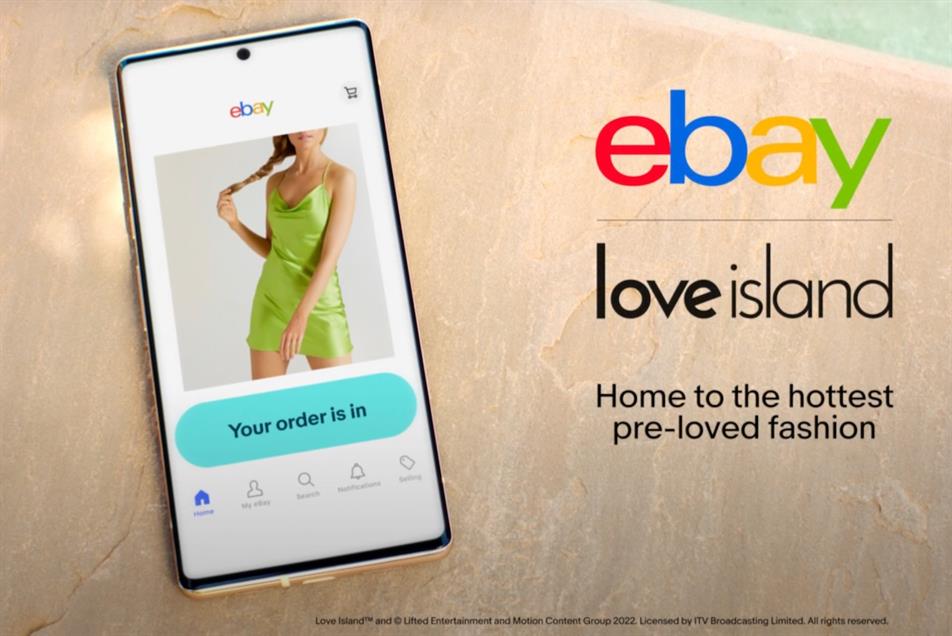By Tilley Woodford

What is fast fashion? Why is it a problem?
Fast fashion is defined as the “design, manufacturing, and marketing method focused on rapidly producing high volumes of clothing.” This method of clothing production has many negative environmental and social impacts. For instance, releasing toxic chemicals and dyes into ecosystems, increasing global carbon emissions, generating large amounts of textile waste, promoting sweatshops and child labour, and creating dangerous working conditions. Social media and popular entertainment have played a role in promoting micro-trends — trends that rise and fall quickly — that fuel the fast-fashion industry and have established consumerism as the social norm. Micro-trends encourage consumers to buy new clothing and refresh their wardrobes at a much faster rate. The effects of consumerism have been extensive over the last twenty years, as, on average, a person in 2022 keeps an item of clothing for half as long and buys 60% more things compared to consumers in the year 2000.
How does the media we consume and our favourite entertainment affect our environmental and social impact?
The popular British reality show, ‘Love Island,’ has been known for partnering with popular fast fashion brands like Pretty Little Thing and Missguided. However, for the first time, they partnered with eBay Marketplace, a marketplace that sells second-hand items by third-party buyers and sellers. This is the first ever pre-loved fashion partner in the history of Love Island UK, and the partnership is making waves in the entertainment industry. The influence of shows like Love Island is exceptionally prevalent; according to market research, clothing items would sell out in minutes after appearing on the show. Therefore, fashion items that appear on popular shows greatly influence what clothing consumers purchase and where they purchase their clothing. ITV UK isn’t the only large enterprise using its power for good; Target has recently partnered with ‘Thredup’ to curate collections of pre-owned clothing to sell via Target retailers. A Target representative commented that this partnership responds to customers increasing interest in sustainable shopping and environmentally conscious lifestyle choices.
Nevertheless, fast fashion, maximalism, and overconsumption remain prevailing issues in our capitalist society. Sustainability experts question whether big enterprises transitioning to prioritizing environmentally conscious campaigns are making these choices to address the climate crisis or to improve public perception. However, no matter Love Island’s intentions, the recent partnership between the show and eBay has influenced consumer preferences and helped draw attention to the importance of mindful consumption. According to IBM’s 2022 research survey of around 16,000 people, 51% of respondents noted that environmental sustainability is more important to them today than it was a year ago. This data solidifies that in the past year, consumer preferences are changing, and people are more interested in making sustainable lifestyle choices. The media and entertainment an individual consumes are likely significant factors in shifting these preferences. Though, it remains to be seen whether other popular TV shows and entertainment outlets will follow suit and if the focus on ESG in the media will have lasting long-term impacts.
Is Love Island’s partnership with eBay making a difference?
Since the new season of Love Island UK was released this August, Google searches for ‘eBay pre-loved clothes’ have risen by 756% compared to July, and overall, the search for ‘pre-loved’ increased by 660%. In addition, eBay has reported a 700% increase in searches for ‘pre-loved fashion’ on their website. Consequently, the number of sellers registered on eBay’s platform and pre-loved listings has skyrocketed. This partnership appears to have positively impacted sustainable fashion and drastically increased consumer awareness of pre-loved clothing. In the future, it is hopeful that other popular shows and media will consider their environmental and social influence when choosing brand partnerships and promoting products. As consumers, we must demand transparency and accountability from large corporations, be conscious of the items we purchase, and inspire others to do the same.
